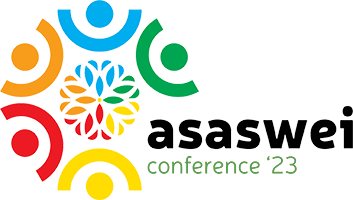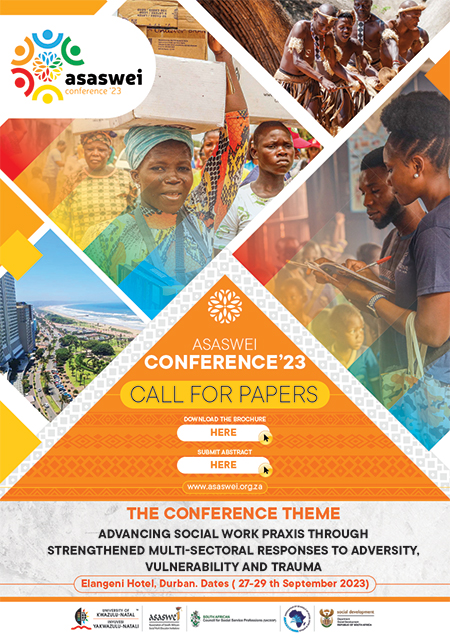The Table page displays a submission's general information and data using tabular layout. Watch video
Submission information
Submission Number: 40
Submission ID: 40
Submission UUID: 48ea6463-10d1-4b39-bbe7-8cc2999482a2
Submission URI: /2023/abstracts
Created: Sat, 05/20/2023 - 11:28
Completed: Sat, 05/20/2023 - 12:10
Changed: Tue, 08/01/2023 - 10:54
Remote IP address: 41.114.93.239
Submitted by: Anonymous
Language: English
Is draft: No
Current page: Complete
Webform: Abstract
| Title | Dr. |
|---|---|
| Lastname | lelaka |
| Firstname | Tshidi |
| [email protected] | |
| Mobile | 0833597673 |
| Institution | University of Witwatersrand |
| Biosketch | Dr. Tshidi Lelaka is a lecturer and researcher at Wits University in the School of Human and Community Development and was the post-doctoral fellow in the Institute for Gender and Sexuality Studies at UNISA. She has experience and training in both public and private health sector working in public programs, clinical trials, and coordination of Community Advisory Board (CAB) on clinical trials relating to HIV, TB/MDR and cancer. She has experience in working with mental health, sexual and reproductive health, HIV, sero-discordant couples including providing psychosocial support and counselling services to diverse, special, and key population groups. |
| Is there a Second Presenter? | No |
| Title of Presentatation | The need to support HIV-serodiscordant couples: Perspectives from family members |
| Theme Selection | THEME 2: Building sustainable, resilient, and self-reliant communities through indigenous modalities, inter-sectoral collaborations, and partnerships |
| Subtheme TWO Selection | SUB 2.1 Supporting families in mitigating vulnerabilities |
| Select your Presentation Type | Oral Presentation |
| Abstract | The need to support HIV-serodiscordant couples: Perspectives from family members Constance Matshidiso Lelaka, Daniel Tuelo Masilo, Dr Zintle Ntshongwana The Discipline of Social Work, School of Human & Community Development, University of the Witwatersrand, Johannesburg 2000, South Africa. ORCID Number: 0000-0003-3021-562X Corresponding author: [email protected] Background: The psychosocial support of family members for the HIV discordant couples is necessary for HIV intervention and programming. Method: An interpretive phenomenological analysis (IPA) design was used. Data were collected from eight family members of the HIV-serodiscordant couples using a snowball technique. A face-to-face unstructured interview guide was used to collect data. Data were analysed using the interpretive phenomenological analysis framework. Results: Family members shown disbelief, inadequate knowledge regarding HIV-serodiscordancy and provided emotional and psychosocial support to HIV-serodiscordant couples. The couples attend their clinic consultations, adhered to medication, ate well, received financial support, and both (couples and families) were able to share HIV essential knowledge to empower each other to combat HIV stigma. Conclusions: There is need for increased family-based psychosocial support, intervention, education, and public awareness to educate family members. The government may consider interventions based on the views of HIV-serodiscordant couples and families when designing policies to tackle familial lack of information. |
| Title | Dr |
| Firstname | Boitumelo |
| Lastname | Seepamore |
| Does the Abstract fit the selected Theme? | Yes |
| What Area does this Abstract Focus on? | Empirical Research |
| Status | Accepted |
| Title | Dr |
| Firstname | Gladys |
| Lastname | Bhuda |
| Does the Abstract fit the selected Theme? | Yes |
| What Area does this Abstract Focus on? | Empirical Research |
| Status | Accepted |

